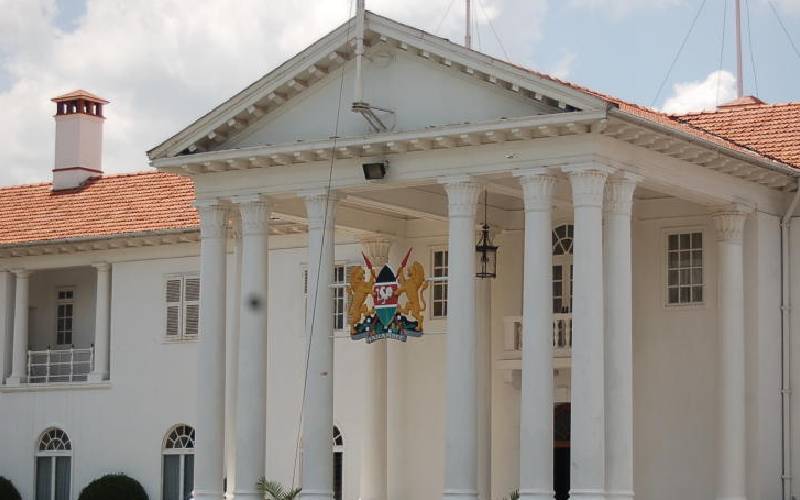
An efficient, well-motivated and effective civil service is necessary, and as a matter of fact, very important. On the contrary, a dilapidated public service is recipe for systemic corruption and economic decline. This is the position held by Transparency International, which the next government should emulate.
Empirical studies indicate that low government salaries and allowances in the past nine years have resulted in a serious decline of public sector efficiency and productivity – and created both incentives and opportunities for corruption and misuse of power and public resources.